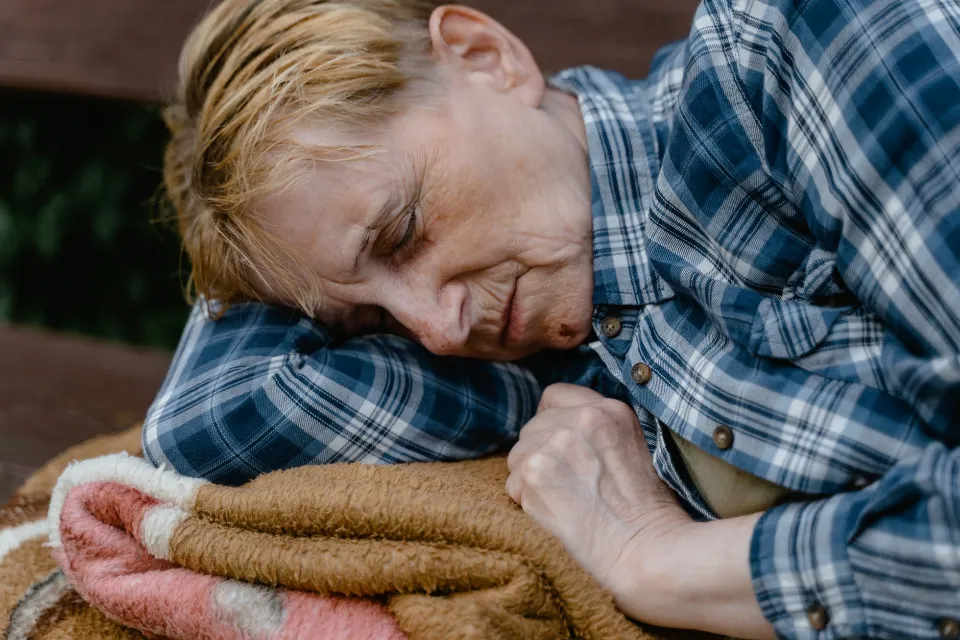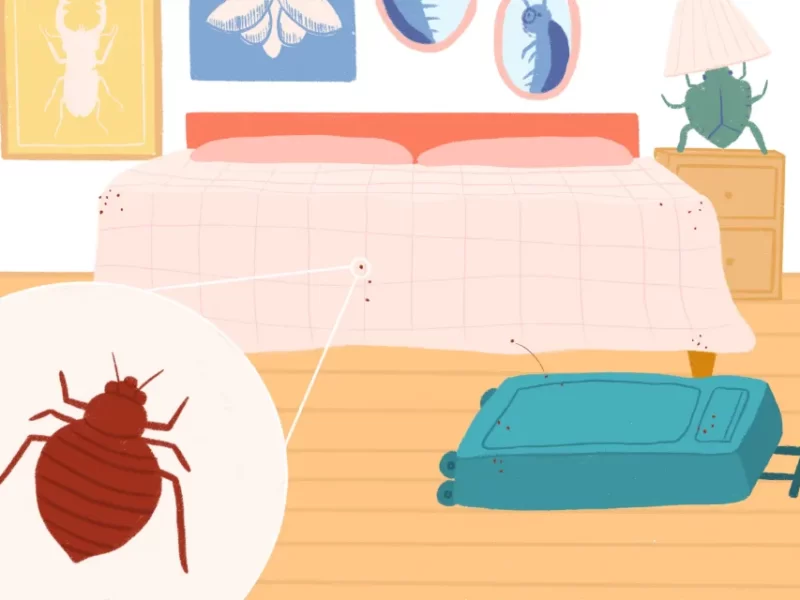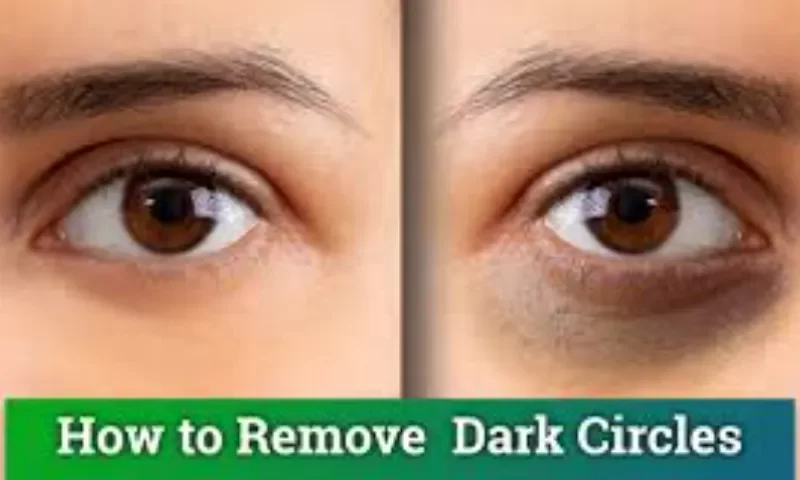Whether you are providing care for an elderly parent or loved one or are simply worried about them, you might notice some changes in their daily routine, behavior, or emotional state as they age. Regarding their energy levels and sleep, you may wonder if they are sleeping too much.
It is a common misconception that older adults require less sleep than younger individuals. The fact that many older adults find it difficult to get the sleep they require does not imply that they require less sleep. Adults should generally try to sleep for at least seven hours every night.
The effects of aging on sleep and the recommended amount of sleep time for seniors are discussed in this article.
Why Do the Elderly Sleep Too Much?
You’ve noticed recently that your elderly relative is sleeping more frequently and at odd hours. They are napping more frequently and may even doze off unexpectedly. Though you are beginning to worry, you want them to get the rest they require.
- Do they sleep an excessive amount?
- Does too much sleeping only represent a symptom of an underlying issue?
- Do they not get enough restful sleep?
- Can you do anything to assist?
When it comes to sleep, it can be challenging to distinguish between what is typical and what indicates a larger problem. One of the most crucial components of overall health is getting enough sleep, regardless of your age. It allows our bodies to heal and repair, curbs inflammation, wards off depression, improves our ability to think clearly and reason, improves memory, lowers our risk of obesity, and much more. Lack of sleep increases our risk for many physical and mental illnesses, as well as impaired judgment, falls, and other types of mishaps.
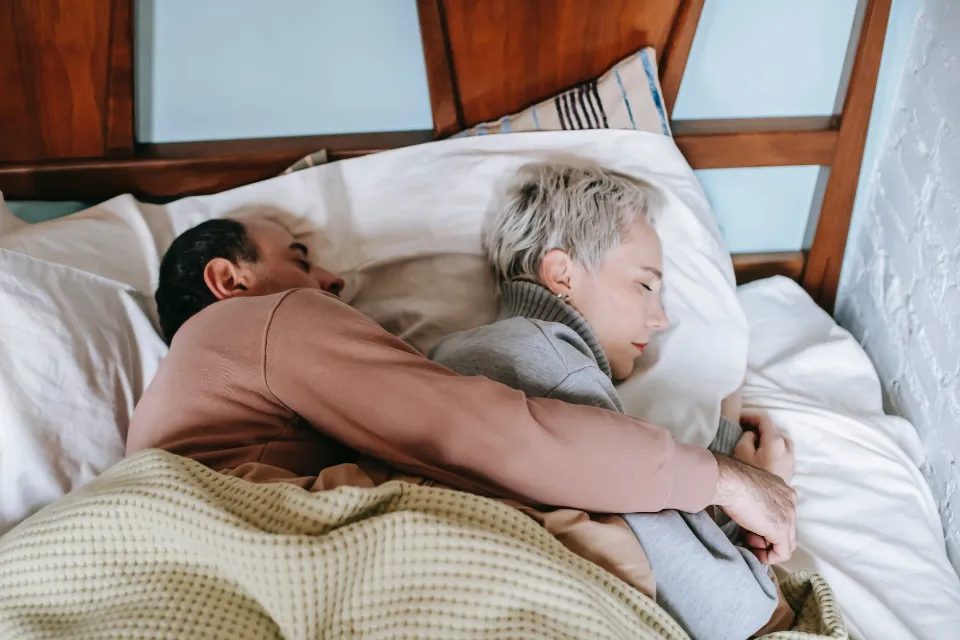
Some sleep experts suggest that seniors actually need less sleep than other age groups. Most people require 7 to 9 hours of sleep per night, whereas many seniors can function well on 7.5 hours. According to other professionals, elderly people require the same amount of sleep as the general population. In contrast, as we age, our sleep becomes lighter, we wake up more frequently, and it may be harder to fall asleep.
Too much sleep may occur for several reasons including:
- Poor sleep quality at night
- Side effects of medication
- Emotional challenges like depression or anxiety
- Lack of emotional stimulation leading to boredom
- Underlying health problems
Common Sleep Issues in Older Adults
Researchers estimate that between 40% and 70% of older adults have chronic sleep issues and up to half of cases may be undiagnosed National Center for Biotechnology InformationThe National Center for Biotechnology Information advances science and health by providing access to biomedical and genomic information. Chronic sleep issues can negatively impact an older adult’s quality of life and daily activities. There are several sleep issues that are especially common in older adults.
- Pain: For some older adults, discomfort and pain can make it difficult to get enough sleep. Sleep deprivation can worsen pain, creating a vicious cycle where both conditions are exacerbated. It is important to talk to a doctor if pain is interfering with sleep.
- Nighttime urination: Age-related physical changes in the urinary system and other factors contribute to an increase in nocturia, also known as nighttime urination. The National Center for Biotechnology Information, which provides access to biomedical and genomic information, advances science and health by potentially affecting up to 80% of older adults. contributing to increased sleep disruptions.
- Insomnia: One of the most frequent sleep problems in older adults is having persistent trouble falling or staying asleep. While there are many overlapping causes of insomnia, it can be treated and become less severe.
- Daytime drowsiness: Many people believe that feeling tired during the day is a normal part of getting older, but this is not the case. Around 20% of older people experience excessive daytime sleepiness, which may be a sign of an underlying health condition. In older adults, excessive daytime sleepiness may be a sign of health problems like sleep apnea, cognitive decline, or cardiovascular problems.
- Sleep apnea: Breathing pauses can occur while you sleep due to obstructive sleep apnea. These pauses are caused by the upper airway narrowing or collapsing. Sleep apnea causes fragmented sleep and can affect oxygen levels in the body, leading to headaches, daytime sleepiness, and difficulty thinking clearly.
How Much Sleep is Too Much for Elderly?
As we age, our brains may tell us to go to sleep earlier. This is probably the reason why so many people nod off right after the evening news or dinner. Despite this, most elderly people don’t always get the recommended eight hours of sleep or wake up feeling rested. This might be the case because, compared to when we were younger, our brains don’t cycle through deep sleep as well or as frequently. We can also have trouble sleeping due to restless legs, arthritis, and breathing problems. And then there is the bladder. Elderly people with prostate or bladder issues frequently wake up at night to use the restroom. This disrupts sleep as well. As we grow older, our bodies change to accommodate these changes, which causes our sleep patterns to change as well.
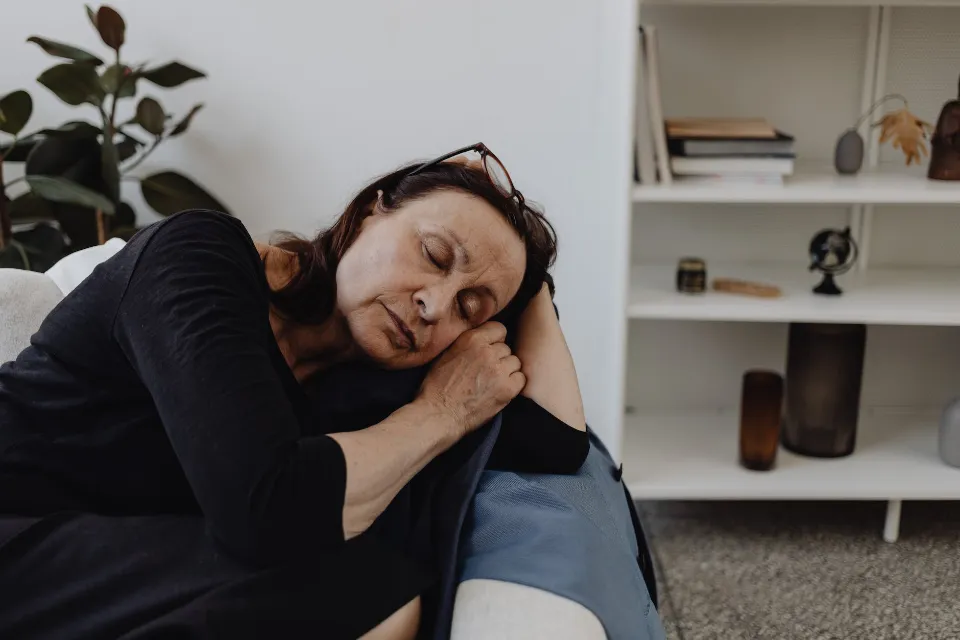
But as we age, do we really require 8 hours of sleep? Does taking a nap compensate for the lack of sleep at night? Is it possible to sleep too much?
The National Sleep Foundation says yes—to all of those questions. The Foundation gathered a group of experts, including sleep experts and other specialists, to review extensive research on sleep requirements for various age groups, including older adults. The most recent recommendations on sleep requirements are included in their February 2015 report. The panel found that while sleep patterns change with aging, adults 65-years-old and older still need between 7-8 hours of sleep nightly, and ideally over a continuous period of time.
While this range is ideal for older adults, the panel further found that some people may require slightly more or less sleep to satisfy their unique needs. Some people may have a sleeping pattern that allows them to feel completely rested after just six hours of sleep, for instance. For a total of nine hours per night, some people might require an additional hour or two. The panel noted a range just outside the suggested hours the majority of people need to account for these variations. The diagram included with the report below illustrates this.
As I mentioned above, sleep is very important for overall health. Getting significantly more or less sleep than needed can be associated with health issues including high blood pressure, obesity, heart disease, and depression. But sleeping too little or too much may also be a sign of an undiagnosed problem such as a breathing disorder like sleep apnea, depression or anxiety, prostate disease, etc. You worry that you might sleep more than nine hours per night or that you won’t get enough sleep (less than six hours).
Summary
Therefore, for the elderly, they still need seven and a half hours of sleep a day, although it is best not to exceed nine hours. Please make a prompt appointment with your doctor if an elderly member of your family is sleeping significantly less or more than usual each night.

